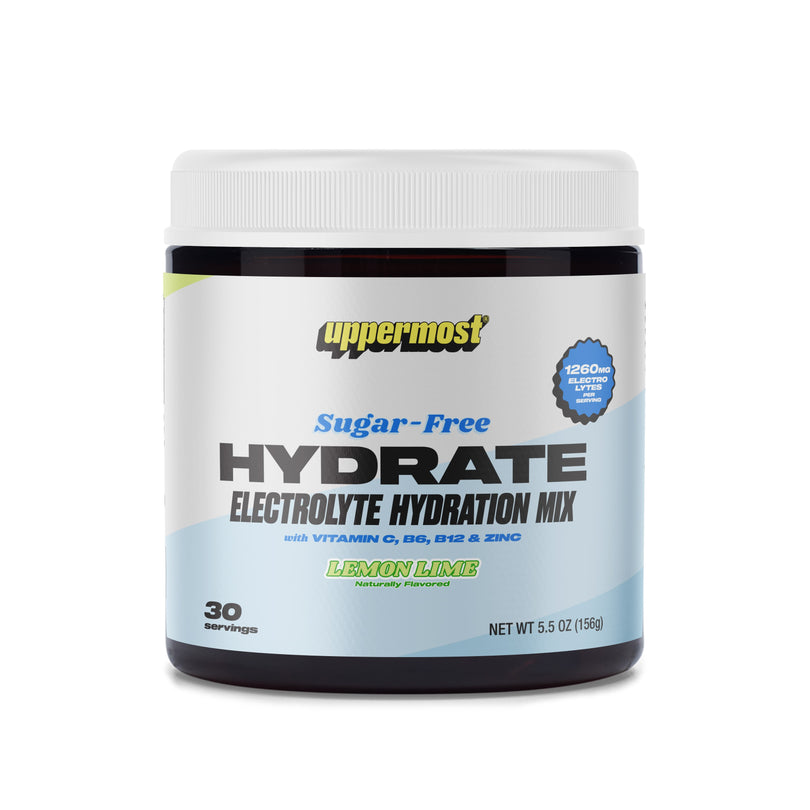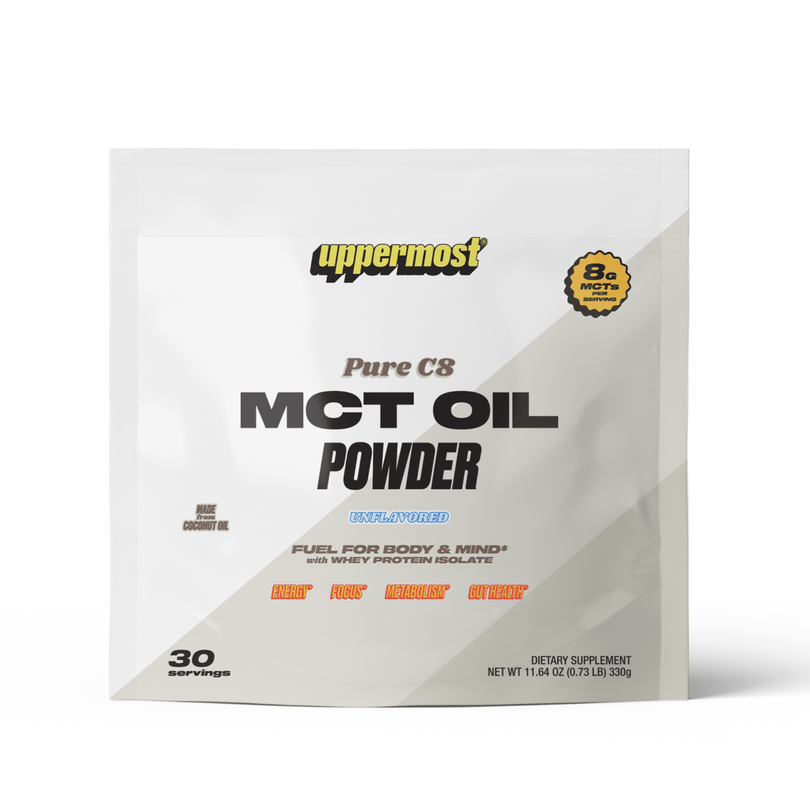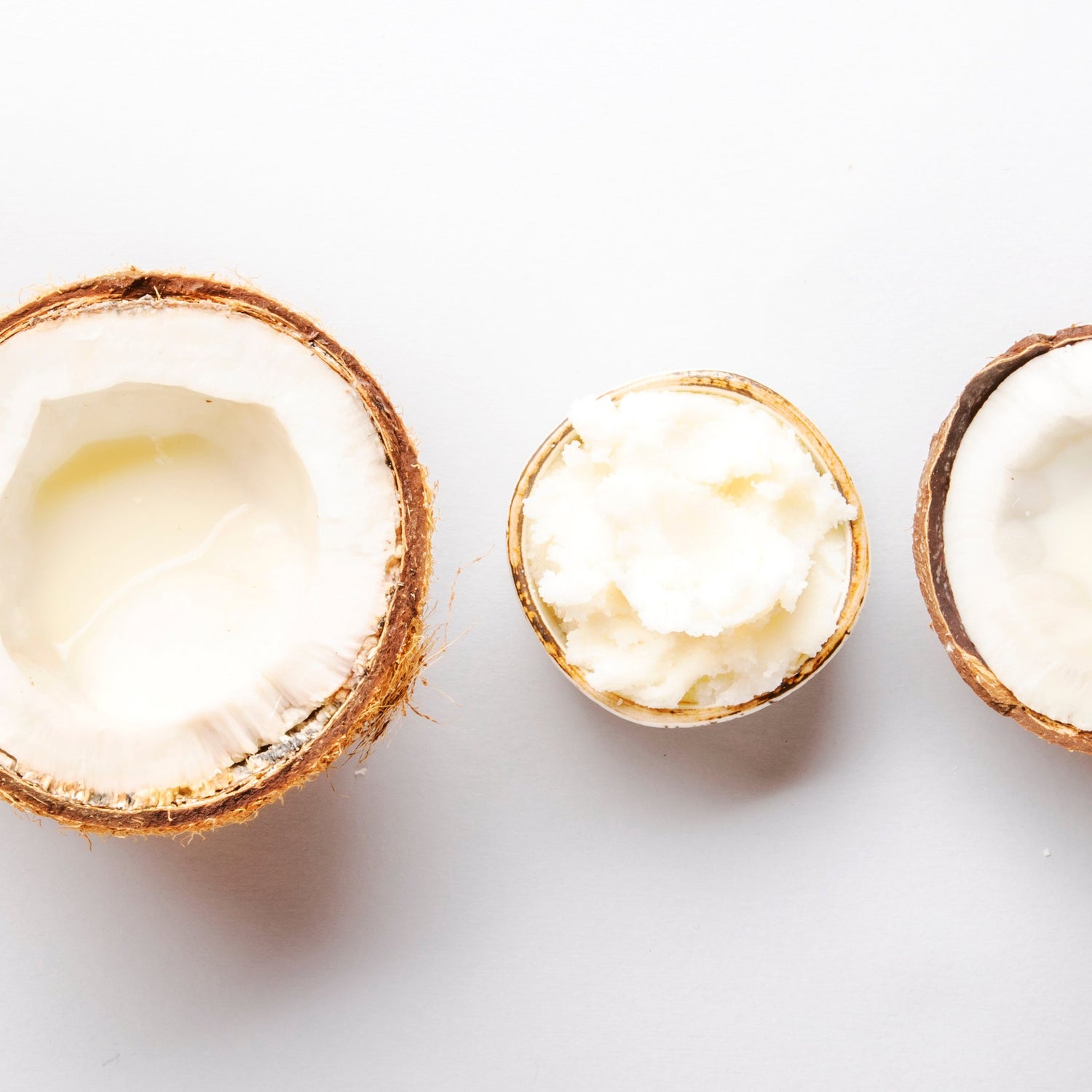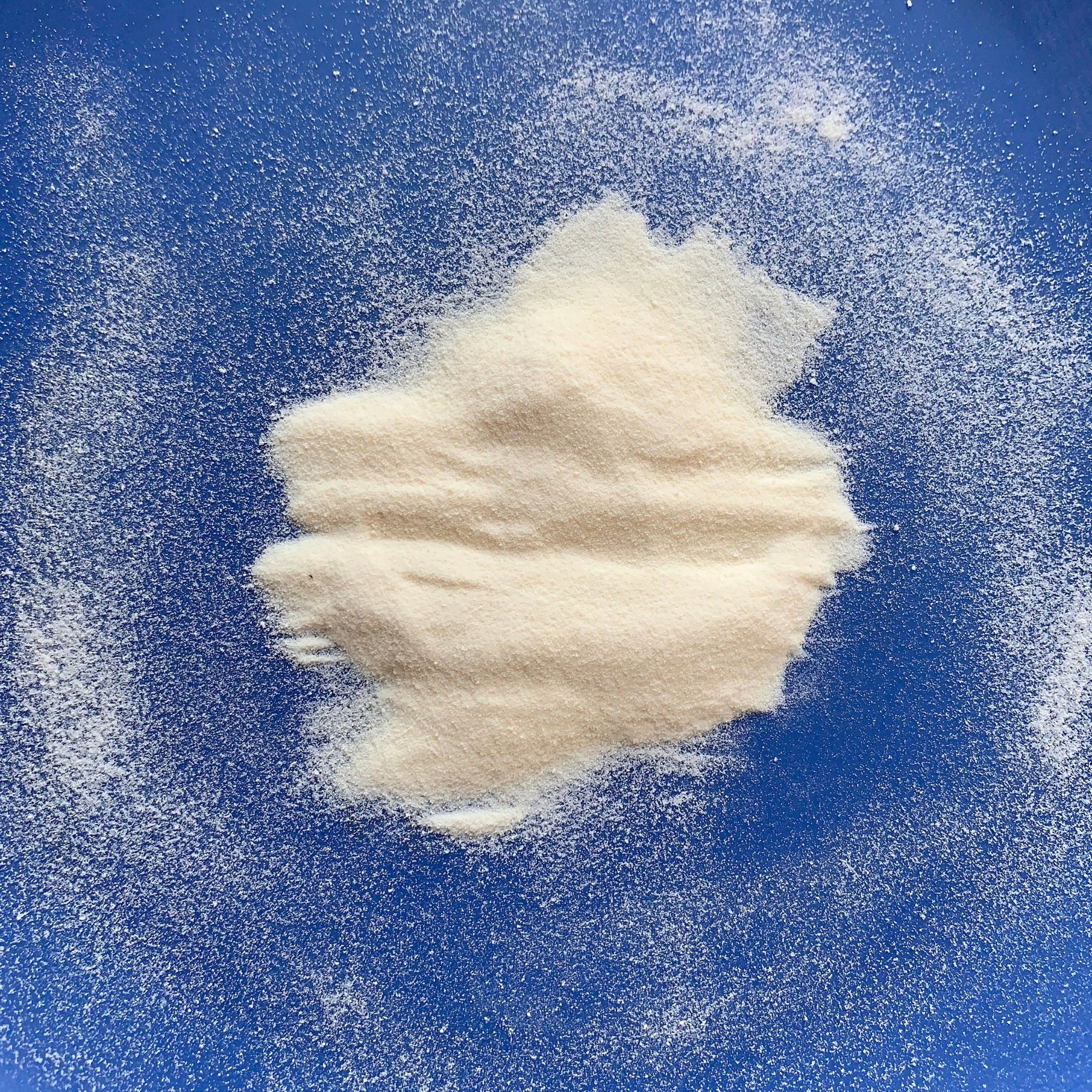Introduction: In the ever-expanding world of health and nutrition, one term that frequently graces the shelves and conversations is MCT oil. But what exactly is MCT oil, and why is it gaining so much attention? In this article, we'll demystify the wonders of MCT oil, exploring its origins, composition, and the potential health benefits that make it a sought-after elixir.
Understanding MCTs: MCT stands for Medium-Chain Triglycerides, a type of fat found in certain oils and dairy products. Unlike long-chain triglycerides (LCTs), MCTs have shorter chains of fatty acids. This distinction influences how the body processes and utilizes them, contributing to the unique properties of MCT oil.
Composition of MCT Oil: MCT oil is a concentrated form of MCTs extracted from coconut oil or palm kernel oil. The primary types of MCTs found in MCT oil include caprylic acid (C8), capric acid (C10), and a small amount of lauric acid (C12). The shorter chain length of these fatty acids allows for rapid absorption and quick energy conversion in the body.
Rapid Energy Source: One of the standout features of MCT oil is its ability to serve as a rapid and efficient energy source. Unlike other fats that undergo a lengthier digestion process, MCTs are rapidly absorbed by the liver, where they are converted into ketones. These ketones can then be utilized by the body and brain for immediate and sustained energy, making MCT oil a popular choice for those following ketogenic diets.
Metabolic Boost and Weight Management: MCT oil has been associated with an increase in metabolic rate, potentially aiding in weight management. Studies suggest that MCTs can promote feelings of fullness, reducing overall calorie intake. Additionally, the conversion of MCTs into ketones may contribute to enhanced fat burning and improved body composition.
Brain Fuel and Cognitive Benefits: Ketones produced from MCTs are not only a source of physical energy but also serve as an alternative fuel for the brain. This has led to investigations into the potential cognitive benefits of MCT oil, with some studies suggesting improved cognitive function and memory in individuals consuming MCTs regularly.
Antimicrobial Properties: MCTs, particularly caprylic acid, have antimicrobial properties that can help combat harmful bacteria, viruses, and fungi. This makes MCT oil a potential ally in supporting gut health and immune function. Lauric acid, though present in smaller amounts, also contributes to these antimicrobial properties.
Incorporating MCT Oil into Your Diet: Adding MCT oil to your diet can be a straightforward process. It is commonly available as a liquid, allowing for easy mixing into beverages, smoothies, or drizzling over salads. Start with smaller amounts to assess your body's response and gradually increase as needed.
Conclusion: In essence, MCT oil is more than just a dietary trend; it's a scientifically-backed elixir with a host of potential health benefits. From providing a rapid energy source to supporting weight management and offering antimicrobial properties, MCT oil is a versatile addition to a balanced and health-conscious lifestyle. As with any supplement, it's advisable to consult with a healthcare professional before incorporating MCT oil into your routine, ensuring that it aligns with your individual health goals and needs.






